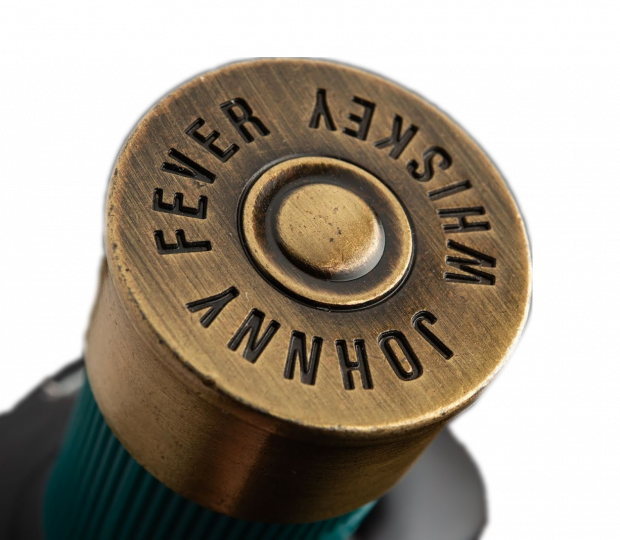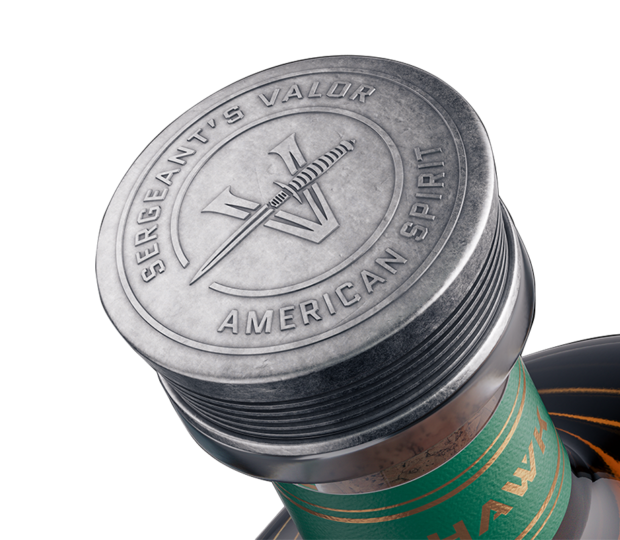Frequently Asked Questions
Please see some very high-level responses to often very complex questions. Every situation is unique, and we hope to give you just a little color for further discussion.
General FAQs
What does it take to be successful in the spirits industry?
Excellent planning, extensive and patient capital, diversified skillsets, and a never-quit work ethic. (And Thoroughbred!)
How much does it cost to start a distillery?
This varies depending on the size of the operation and degree of aged spirits in your portfolio, on-site revenue potential, and your definition of success. On average, for a medium-sized craft producer–from the time you are planning until having enough capital to profitability–the capital required is an average of $7-$10M. Not all of this capital is needed upfront, but all of it is needed.
What is the best way to finance a distillery – is self-funding and loans a better route than investors?
Buildings, main capital production equipment–and sometimes even inventory–are often best-financed given the very favorable terms. Even some local and traditional banks have started servicing such loans. The proper ratio needs to be determined based on the financial model developed and personal risk tolerance. Many of the distilleries we launch are funded based on a combination of personal finance, debt, and the 4 F’s (Friends, Family, Fools, and Fanatics).
Is now a good time to launch or buy a distillery or brand?
The spirits business is a brand business. There is no shortage of alcohol production–but consumers constantly seek new experiences, flavors, and brands that speak to an image and set of values that represent them. Thus, new brands will always have a place and a need to come forth.
How long does it take to start a distillery or launch a brand?
From the time you engage Thoroughbred until the time you open your doors, the process is a solid two years to do it right. If you are just seeking to develop a brand, the process is around one year, depending on the incorporation of a custom bottle or closure.
Is it better to begin with sourcing liquid, then transition to my own product?
This is first best answered by your values and standards and then what is necessary/required for your brand’s values. From a business perspective, some incorporation of sourcing is often fiscally better.
How do I develop a unique recipe for my spirits mash bill or recipe?
This is one of the most enjoyable parts of launching a brand. Conducting a very stringent tasting of the completive set is an excellent way to shape some directional elements of flavor. This should then be tied into your brand brief and mindfulness of the needs of each tier of the channel. It is vital to work with a true expert in the category of development. While an individual may be an excellent bourbon distiller, the nuances of maceration and distillation of botanicals are vastly different.
How do I order the correct size still?
Stills are beautiful works of art with long lead times. The emotional tension of excitement and worry often places the buyer to make a hasty decision. Before contacting a still manufacturer, know your portfolio and have a detailed sales forecast, ideally ten years. This will allow you to determine your annual proof gallonage/liters of absolute alcohol need by year and product type, which should allow you to at least attain some ballpark quotes. Before taking any additional time on behalf of yourself or the still manufacturer, engage a distillery engineer to dial in final sizing and choices as they can factor in building and ancillary support equipment considerations.
Should I create a branded house (multiple SKUs with the same name) or a house of brands (portfolio of brands)?
This is a very complex question and varies significantly from situation to situation. However, in general, branded houses are often more cost-effective to launch and gain greater initial traction. Portfolios often have greater growth potential and attract a higher enterprise value.
What are the benefits of producing a custom / bespoke bottle?
As mentioned, spirits is a marketing-based industry – packaging matters. When designed properly and executed with the right manufacturer, it is an excellent way to further your brand’s style and garner greater shelf presence. While custom bottles come with upfront mold costs, this investment is often recouped in less than two years as comparable stock bottles are often more expensive per unit.
When should I hire a master/lead distiller?
Ideally, you would like to hire your head distiller six months before opening so they can weigh in on final equipment set-ups and help dial in the equipment before test runs.
How difficult is it to obtain spirits distribution?
Attaining distribution is one of the most difficult things about the alcoholic beverage business – second to finding a name that is not already trademarked. For the foreseeable future, distributors are your real customer. Understanding how they think and what their needs are is vital to your ultimate success. Consumer pull can offset this dynamic over time, but out of the gate, you need the distributor push and logistics to achieve a presence. Just like consumers, distributors seek new brands all of the time. It is vital to offer them a meaningful brand offering that is backed by an extensive business strategy underpinned by sales personnel and marketing support.



